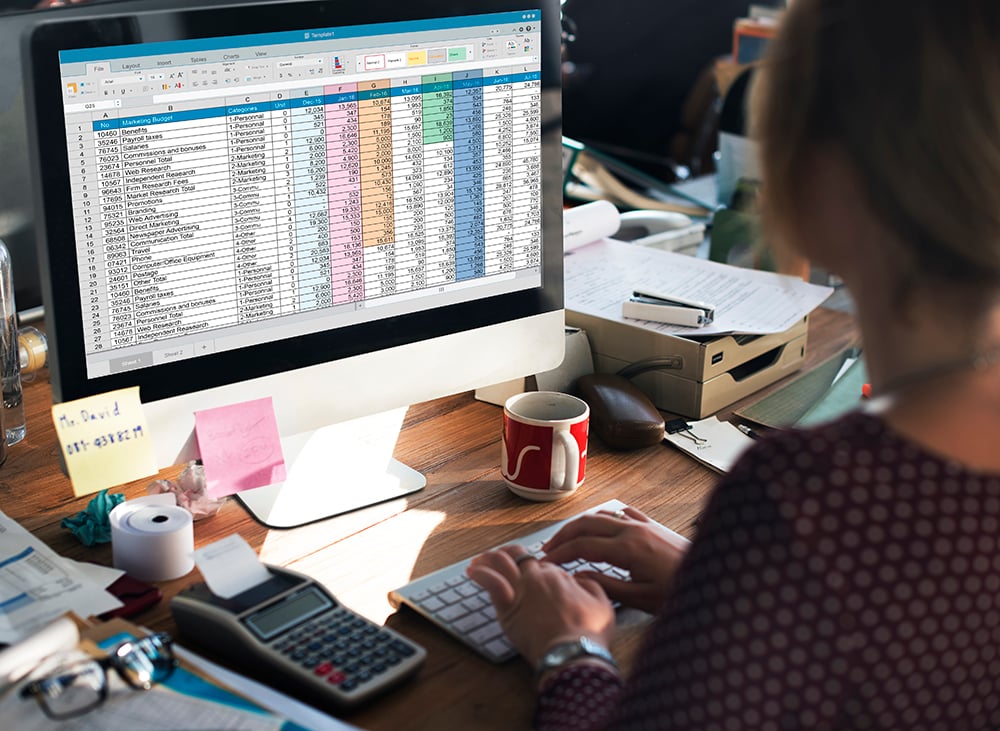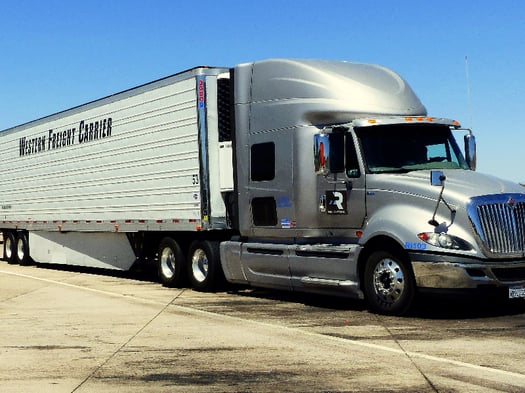
If your business requires a lot of machinery and/or vehicles to operate every day, there will come a time when you need to replace older models and upgrade your inventory to stay ahead of the competition and improve efficiency. If you don’t have decent trade-in options or decide to try and maximize the resale price by selling privately, you will want to better understand current market value levels.
The first thing you can do to accomplish this is to find an independent accredited equipment appraiser who can provide you with a supportable assessment of value, which will assist you throughout the process and offer additional perspective on where you can expect your resale price to fall.
The professional appraiser can provide a range of values at different market tiers, which you can use to leverage and support a fair sale price while negotiating with potential buyers. Here are the steps involved with locating and engaging with a qualified equipment appraiser:
- Once you locate and reach out to a valuation expert during your search process, they will contact you and ask for the specifics involved with your situation and request a detailed asset listing, which will assist them in understanding the amount of work involved and provide you with a fee quote. During this phase, the overall scope of work can be discussed, including the types of values needed (typically Fair Market and Orderly Liquidation), while determining whether a desktop or an on-site appraisal is more appropriate. Cost, timing, and the details you have available will all play a part in this.
- As soon as you are engaged, you will work further through the process so the valuation professional has the best understanding of the equipment you are selling so they can provide you with a supportable appraisal.
- When the report is delivered to you, it will include itemized values for each piece of equipment at the tiers agreed to, along with the total for all the assets involved. If you had earlier determined that Fair Market and Orderly Liquidation are the best types of values to estimate, you would have a range to work within when setting initial pricing and ultimately negotiating a final sale.
In summary, working with an appraiser in the early stages of your plan to resell older equipment will give you a distinct advantage that will provide you with the best chance to maximize the realized sale price of your used assets.





